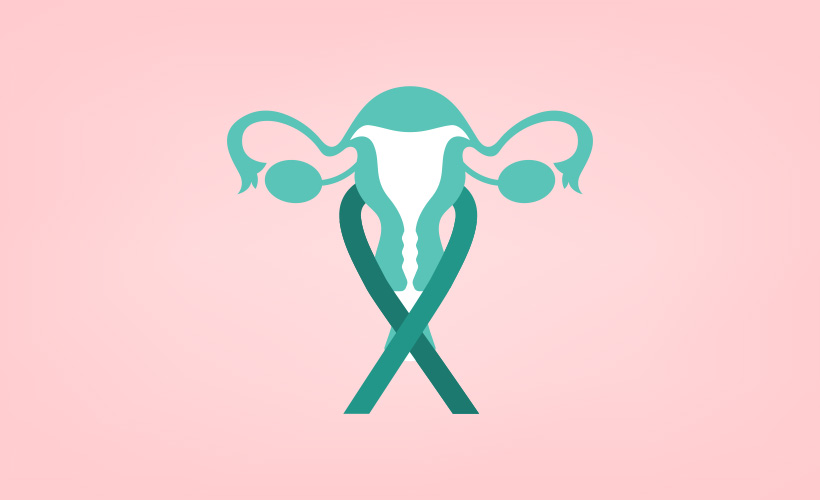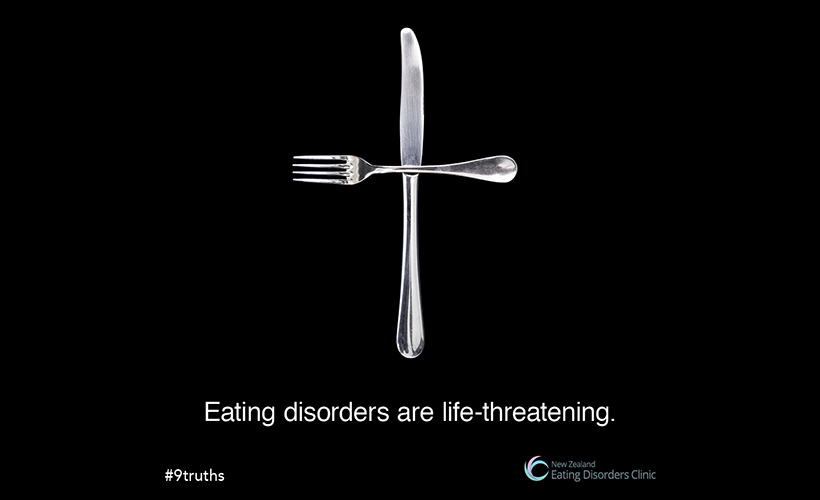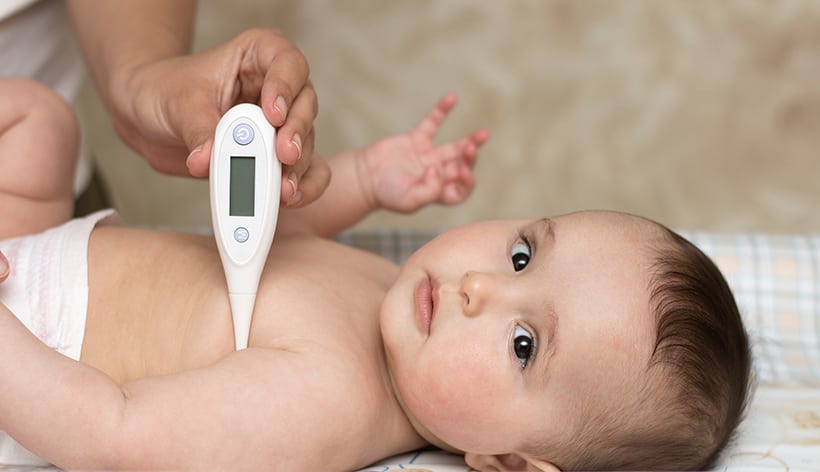What is Cancer?
Cancer is a disease that occurs when abnormal cells divide uncontrollably and start to destroy healthy body tissues. If a tumour stays where it is, growing slowly and not spreading into other tissues, it is called benign. If a tumour grows aggressively in an uncontrolled way it will eventually break out and invade other tissues. The primary tumour then spreads through the blood or lymphatic systems and forms secondary or metastatic tumours. Most cancers form a tumour but there are exceptions such as leukaemia.
What Causes Cancer?
There is no single cause for cancer; usually it is an interaction between several factors. A carcinogen is something that is known to cause cancer by damaging the genetic material (DNA) causing a mutation and transforming it into an abnormal cell, no longer responsive to normal control mechanisms. Carcinogens include chemicals like benzene which is used in manufacturing, found in coal, petroleum and also in cigarettes. Other carcinogens are radiation and viral infections. Sunlight, a high-fat diet and excess alcohol can also trigger cancers. However, there is still a mystery surrounding the cause of cancer and the search continues.
Types of Cancer?
A cancer can start from different cells and tissues and is named according to its origin.
- Carcinoma: the most common type of cancer begins in the lining of an organ, such as the lung, prostate, breast, bladder, stomach, bowel and ovary.
- Sarcoma: begins in supporting tissues of bone, cartilage, muscle, blood vessels.
- Leukaemia: is cancer of the white blood cells that begins in the bone marrow.
- Lymphoma: is cancer of the white blood cells that begins in the lymphatic system.
- Germ cell and blastic tumours: begins in the testis and ovary or embryonic tissue.
What are the Symptoms?
- A lump where there should not be one.
- Unexplained pain anywhere that does not go away.
- Unexplained physical changes, such as: skin rash or colour changes, discharges, such as from the nipple or blood in the stools, headaches.
- Change in a body function such as the bowel or bladder.
- Often the start of a tumour cannot be detected and indications that something is wrong are general unexplained signs of illness, such as lethargy, extreme tiredness, weight loss, poor appetite.
Risk Factors
- Age – most cancers start in the later years, over 50.
- Genetics – some cancers, such as breast cancer, have inherited genes.
- Environmental factors – such as chemicals, smoking (which is responsible for most lung cancers and 25% of all cancers in New Zealand), radiation (sunlight or nuclear), asbestos.
- Inherited disease – polyps of the bowel can become cancerous, neurofibromatosis is associated with brain tumours.
- Virus infection – can increase risk for some cancers such as cervical cancer (human papilloma virus) and liver cancers (Hepatitis B and C viruses).
Prevention and Treatment
Many cancers are preventable and those that are not can be treated if detected early enough.
1. Be prepared
- Be aware of risks and monitor your own body as you will know better than anyone if there is something wrong.
- Avoid known carcinogens (cancer-causing substances).
- Maintain a healthy lifestyle: nutritious low-fat, high-fibre diet with minimal processed foods and lots of coloured fruits and vegetables (containing antioxidants); regular exercise; aim for mental wellness and low stress.
- Don’t smoke.
- Keep alcohol intake to accepted limits.
- Know your family history so that you are forewarned, particularly for known inherited cancers, like breast and ovarian cancer, which can be monitored and picked up early.
2. Identify symptoms
Seek medical attention at once if you detect a lump anywhere in your body that should not be there – don’t wait for it to go away. If you feel pain or discomfort that you cannot explain, visit your medical practitioner. Also see your doctor if you are unwell over time and have unexplained symptoms such as weight loss or night sweats.
3. Diagnosis
Diagnostic testing for cancer includes:
- Blood tests for changes in normal blood chemistry and for certain proteins that have altered levels.
- Imaging, such as an Xray, CT or MRI scan or ultrasound, produces a picture of the body and organs.
- Internal examination, using a tube containing a light and lens (endoscope).
- Biopsy to take a sample of tissue for laboratory tests to confirm whether the cells are cancerous. This can be done by inserting a needle or fibre optic tube and removing cells or a small piece of tissue; if the suspected tumour is inaccessible, surgery is needed.
4. Treatment
If it’s confirmed that you have cancer, you may be referred to an oncologist (a doctor specialising in the treatment of cancer to discuss treatment options). Or active treatment may begin with a surgeon or radiation specialist who will later liaise with the oncologist.
Surgery
For some tumours the best form of treatment is surgical removal, particularly for easily accessible tumours that can be removed without damaging surrounding tissue, such as breast, colon and skin tumours. This might be all the treatment that is required.
Chemotherapy
Drugs that target rapidly growing cells circulate in the blood to all parts of the body so that cancer cells are killed wherever they are. Most normal cells are not rapidly dividing and are not harmed but some are; which explains why hair falls out, white blood cell numbers fall and sores around the mouth can develop during chemotherapy. Side-effects also include nausea and tiredness. Usually chemotherapy is repeated several times, monitoring the cancer in between treatments to see how effective it has been.
Radiation therapy
A form of energy called ionising radiation, which is a type of high-intensity x-ray, is used to kill cancer cells and shrink tumours. It can be given externally using a machine or internally by implanting a radioactive chemical into the body.
Hormone therapy
Some tumours need hormones to grow, such as breast cancer (oestrogen) and prostate cancer (testosterone). Drugs are available which block the actions of these hormones and slow the growth of the tumours they support.
Complementary or alternative medicine
Complimentary or alternative medicine can be used either in conjunction with or as an alternative to conventional medicine. Natural products may help your own body fight the cancer cells, by boosting the immune system or destroying toxins. Therapies like hypnotherapy, meditation and acupuncture are available. Discuss options with your oncologist or medical practitioner.
5. Support, counselling and palliative care
Sadly not all cancers can be actively treated or treatment fails to control metastatic spread over time. If this is the case, then support, counselling and palliative care will be discussed by your oncologist.
For more on vancer visit cancer.org.nz

















Community